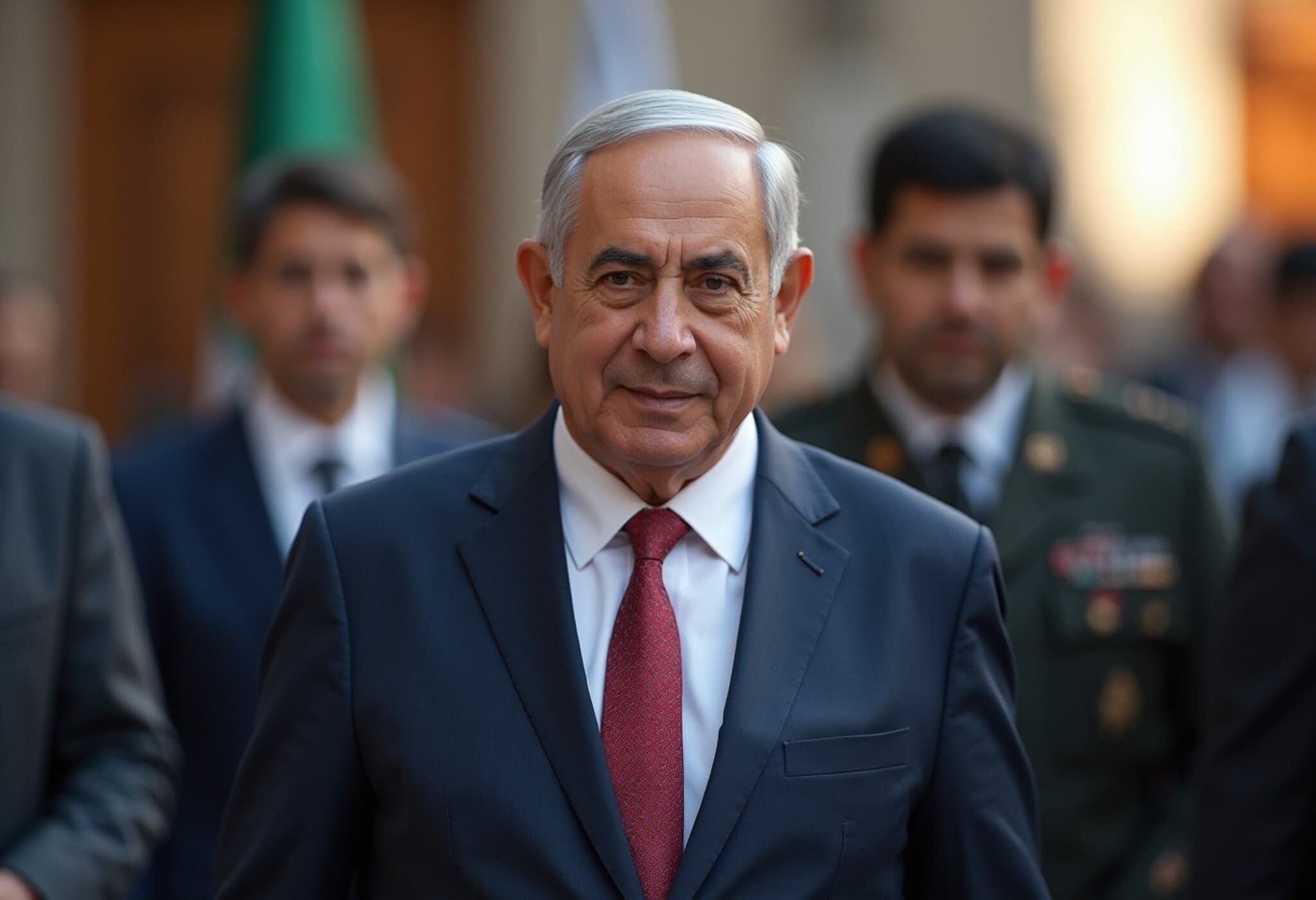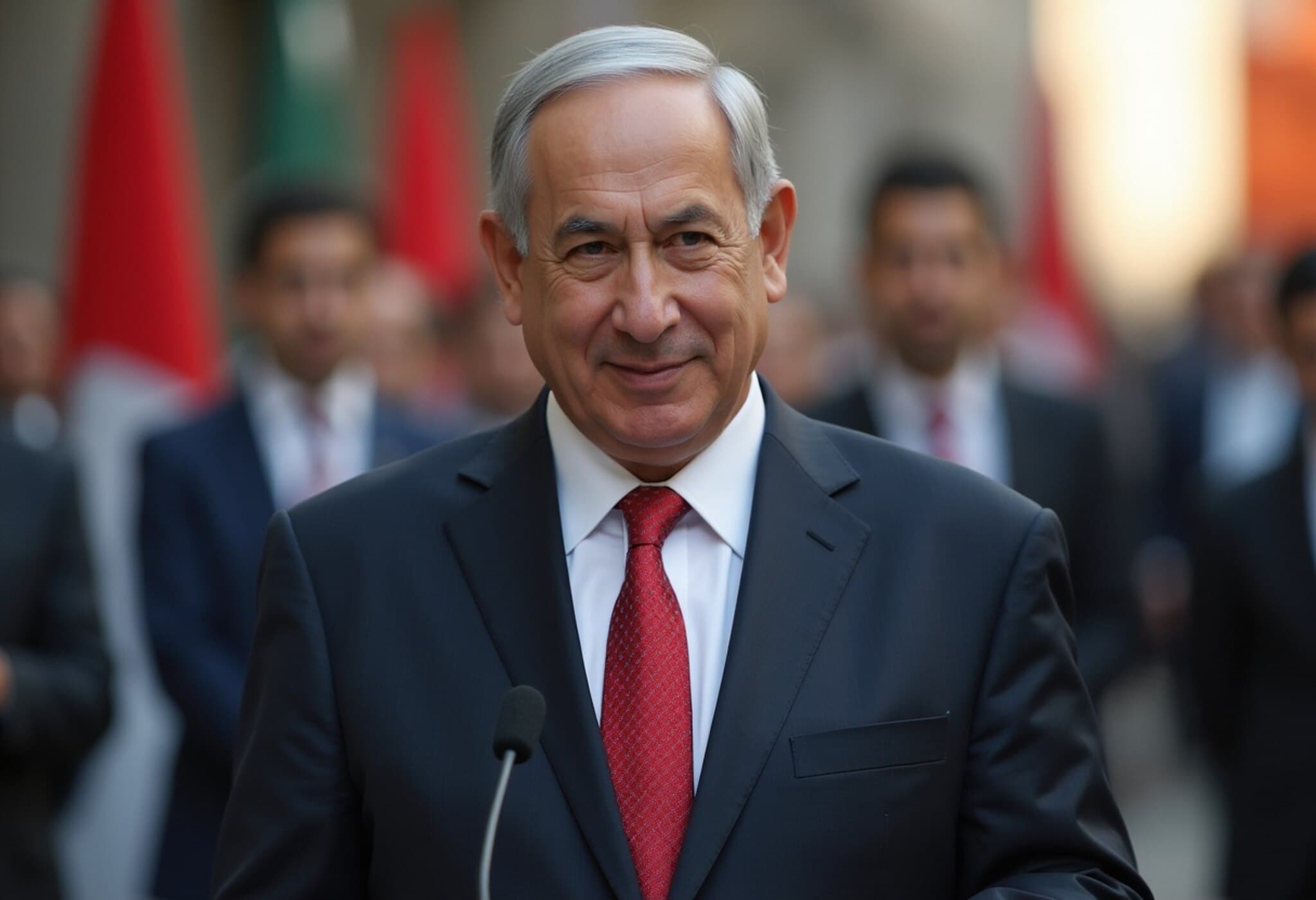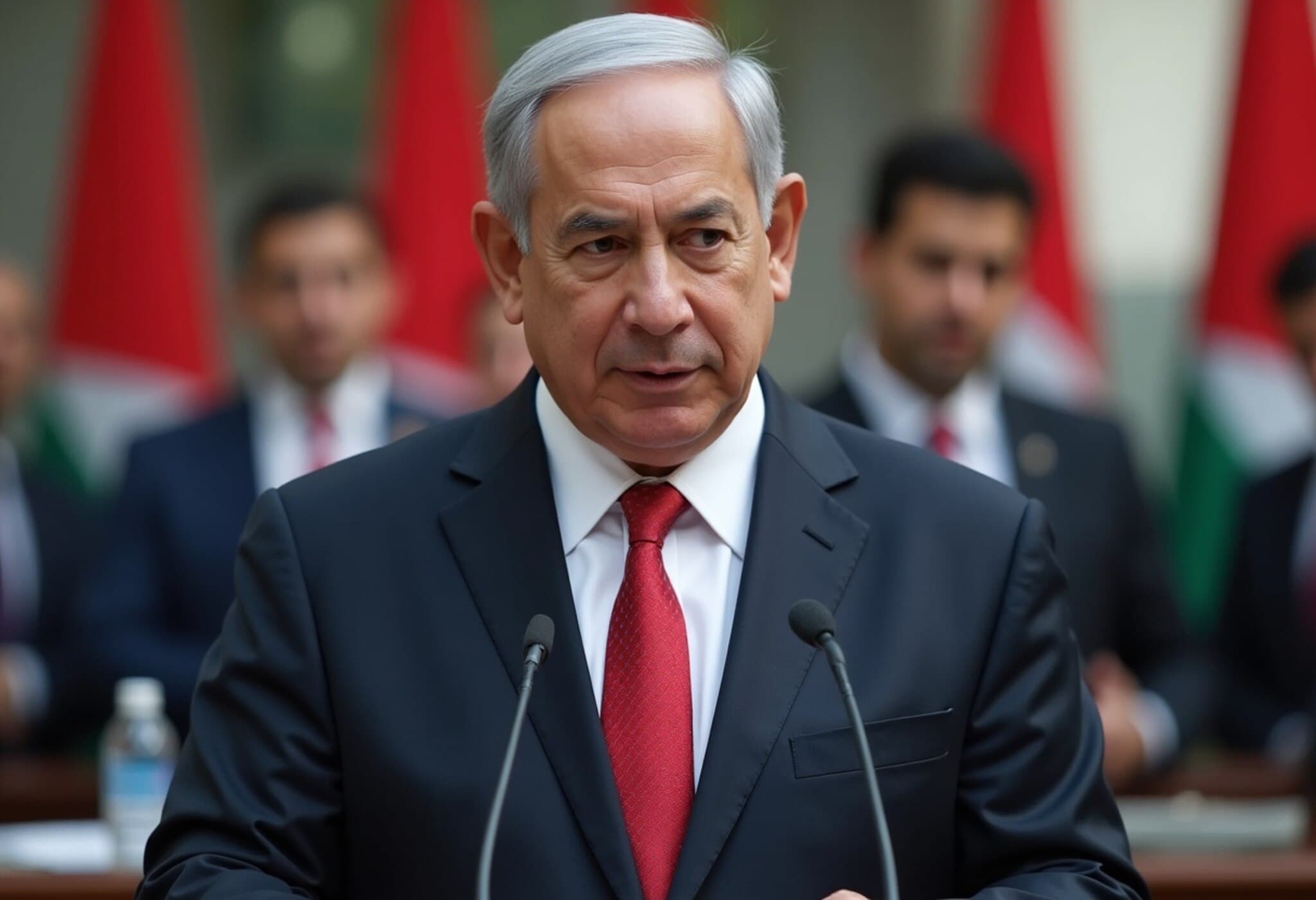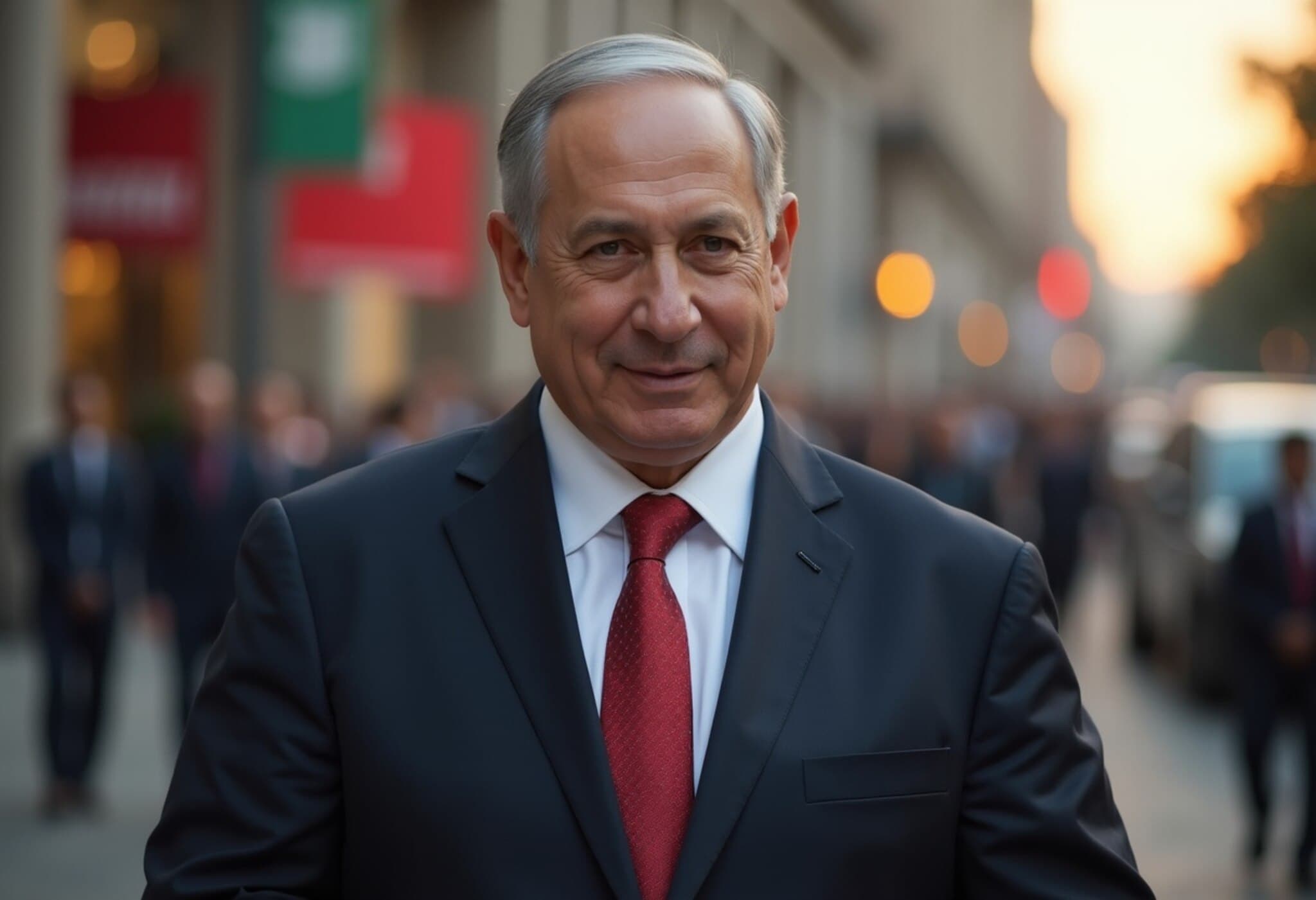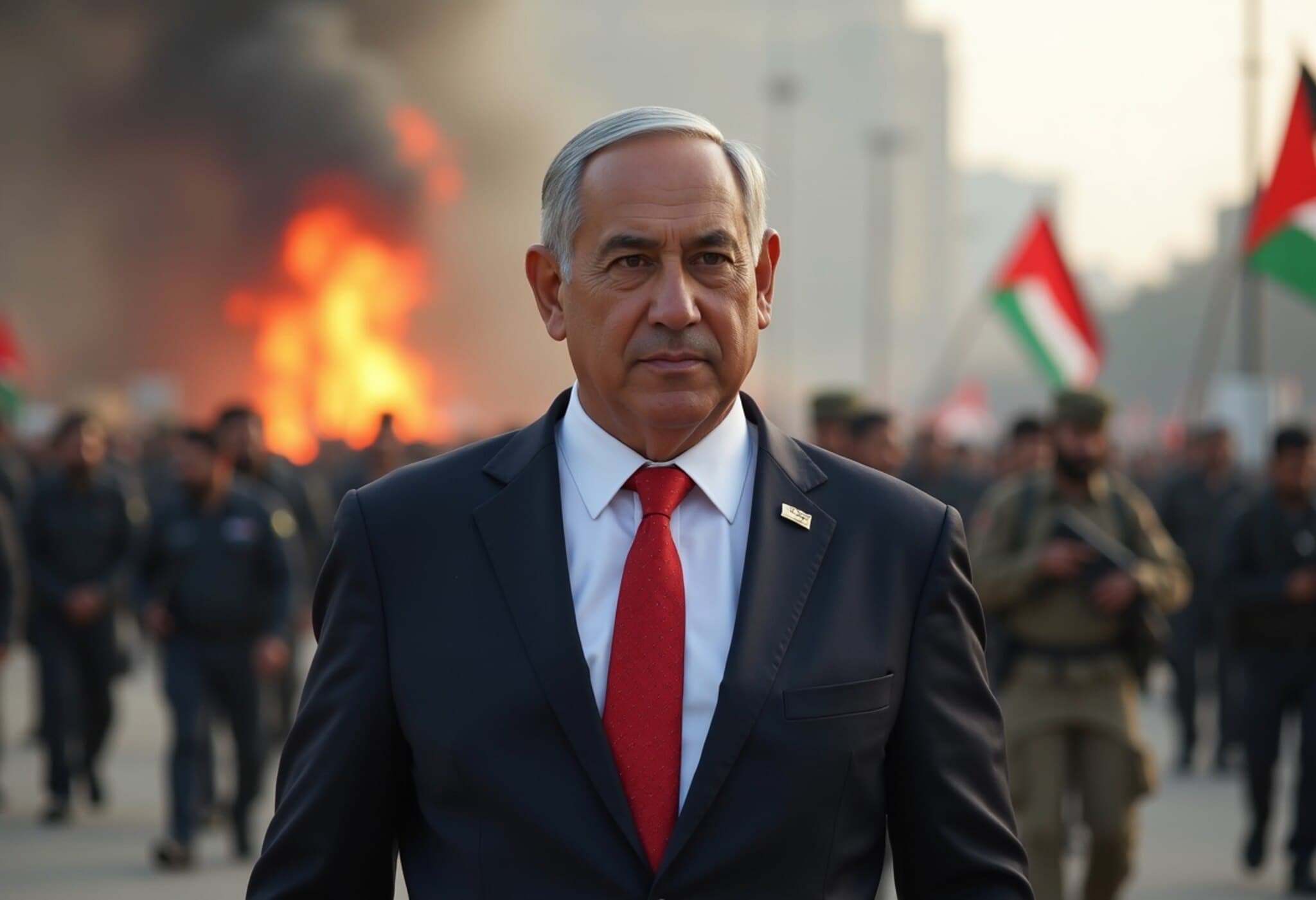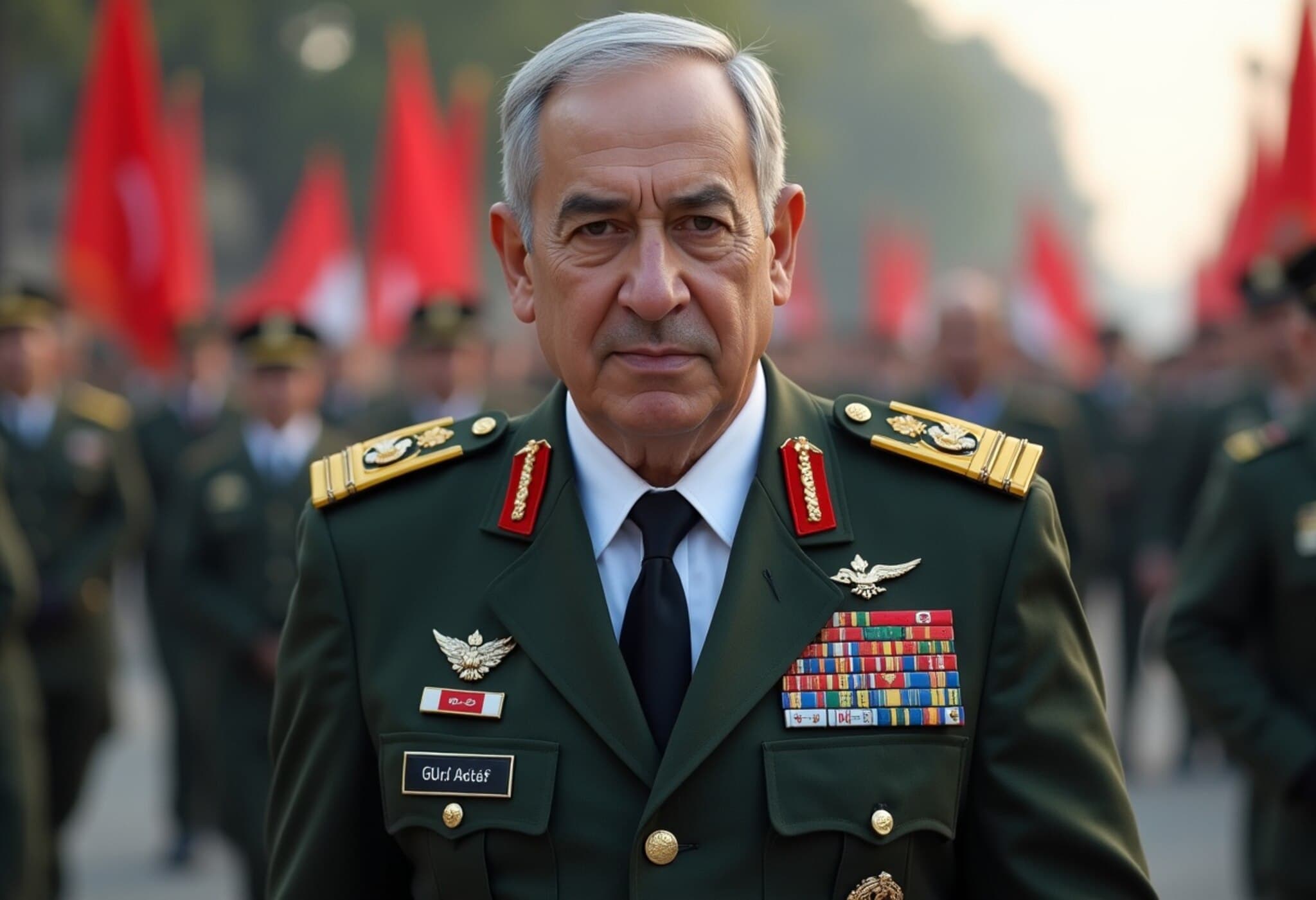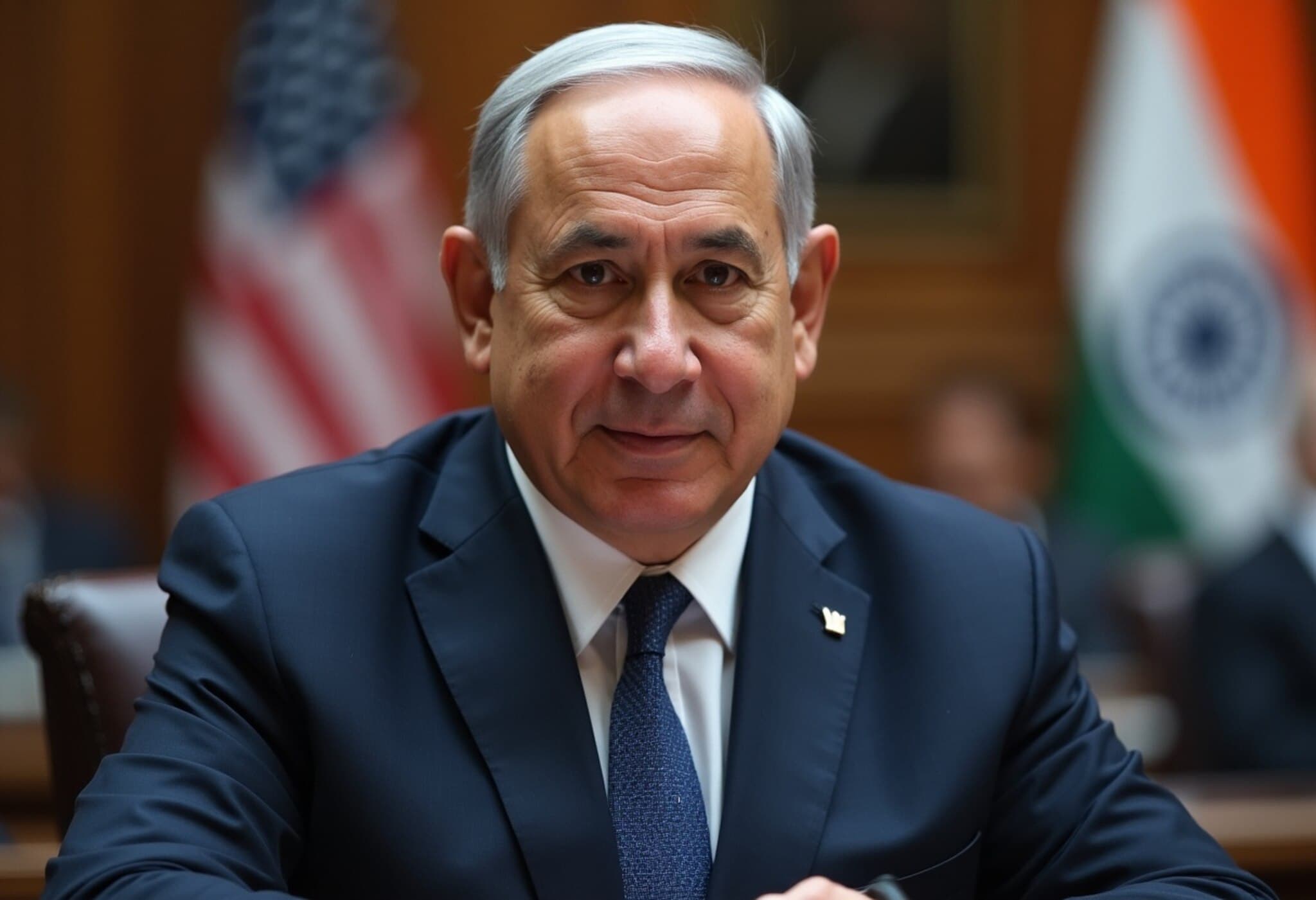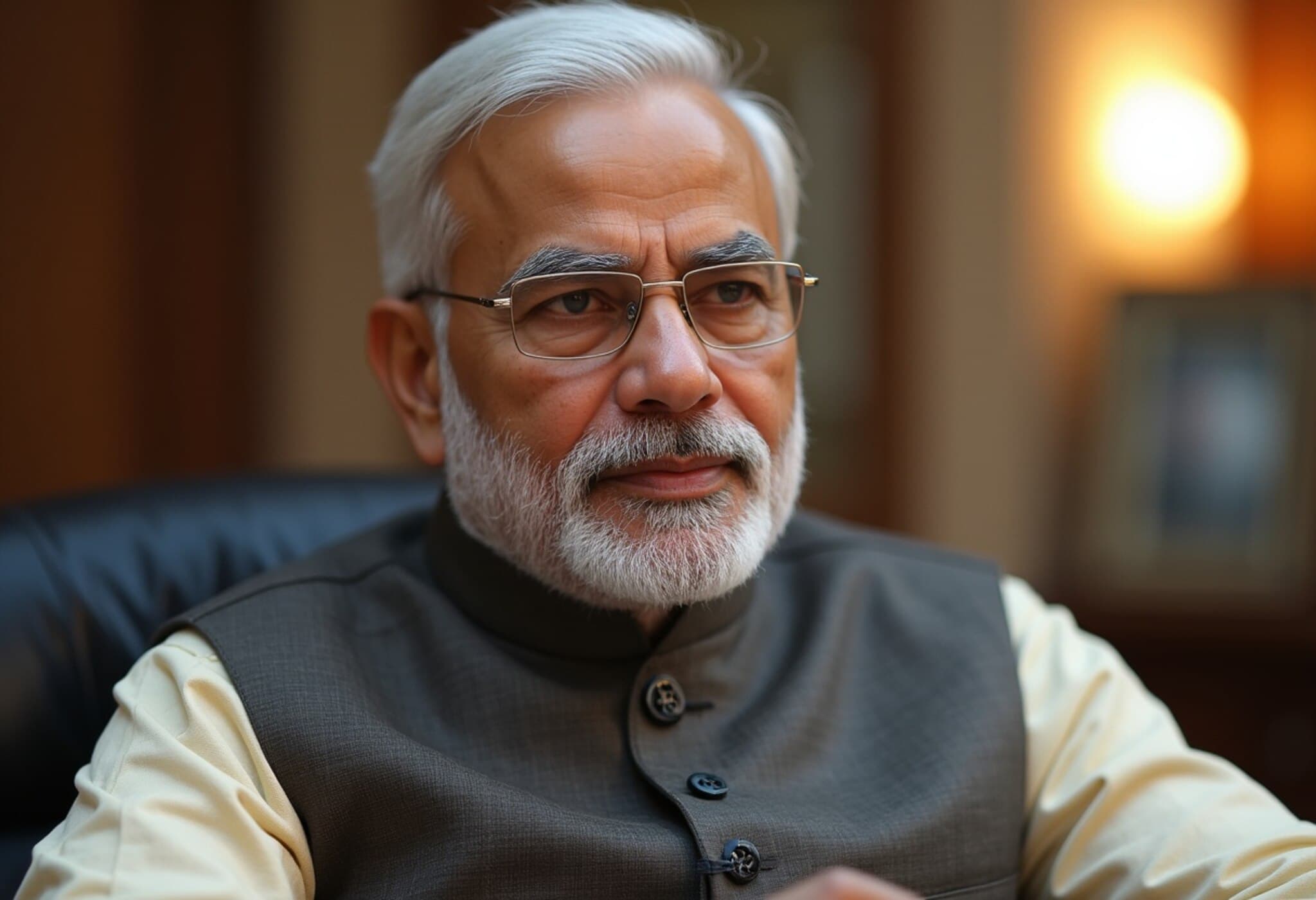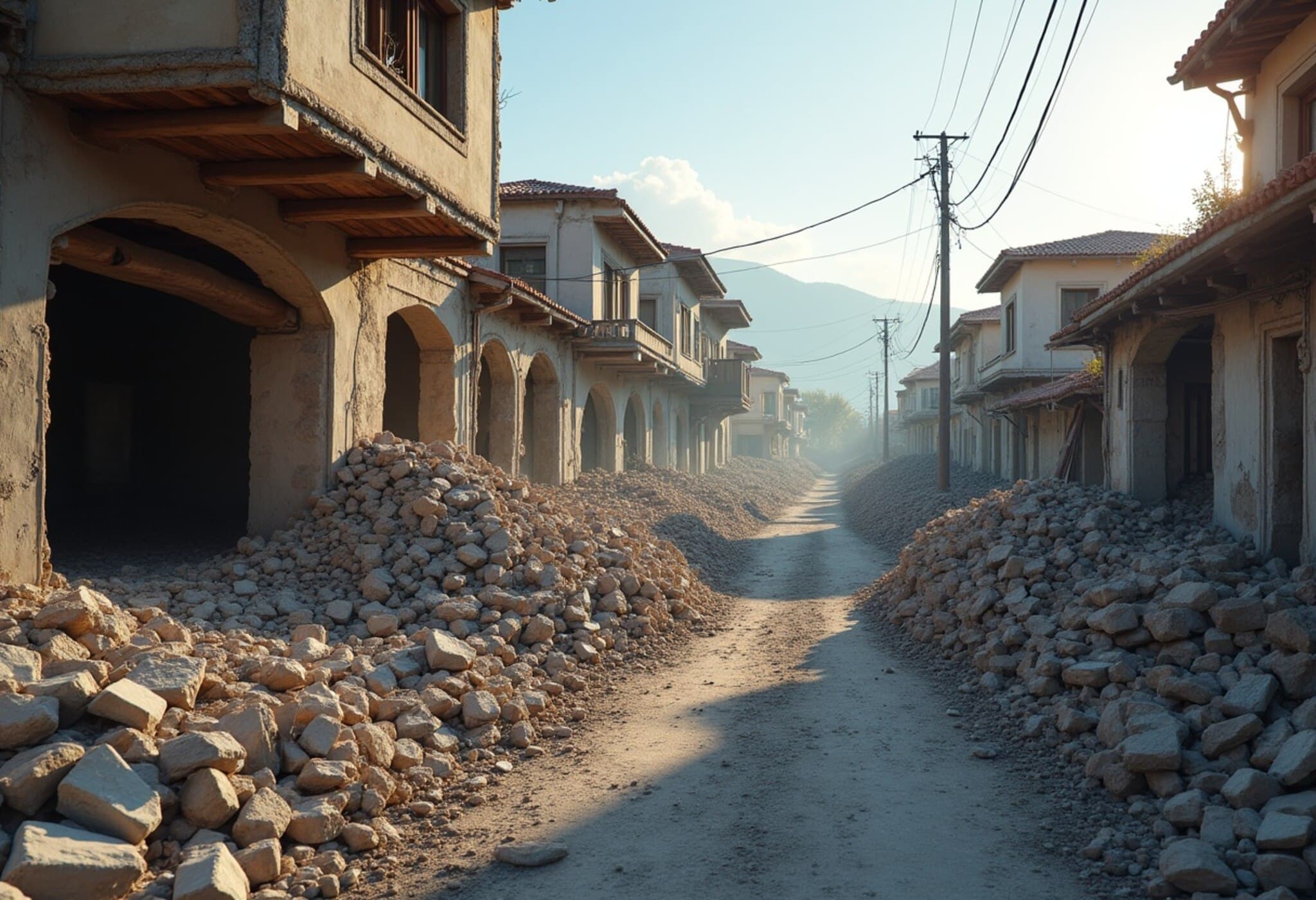Israeli Coalition Faces Storm as Finance Minister Smotrich Voices Doubt Over Netanyahu's Gaza Plans
In a dramatic escalation within Israel's fractured government, Finance Minister Bezalel Smotrich openly challenged Prime Minister Benjamin Netanyahu’s approach to the Gaza conflict, signalling significant fractures within the ruling coalition. Smotrich, a prominent ultranationalist, expressed profound skepticism about Netanyahu’s commitment to a decisive military victory against Hamas just days after the security cabinet approved plans to intensify the offensive in Gaza.
Smotrich’s Stark Warning: 'I Have Lost Faith in Netanyahu'
In a sharply worded video released on August 9, 2025, Smotrich accused Netanyahu of backtracking on firm promises to "go all the way" in the military campaign while simultaneously entertaining the possibility of a ceasefire linked to hostage negotiations. "I stayed in the government as long as I believed we were driving toward a decisive victory," Smotrich stated. "I have now lost faith that the prime minister can or wants to lead the military to achieve it." This represents the most forceful public rebuke from a key coalition partner, highlighting escalating tensions within an alliance already strained by internal disagreements over military conscription and policy direction.
Behind the Rift: Coalition Pressures and Gaza City Assault Plans
Netanyahu's government, a coalition encompassing Likud, the Religious Zionism party, and ultra-Orthodox factions, is grappling with sharp ideological cleavages. Among these, disagreements over conscripting ultra-Orthodox Jews have already led to suspensions from coalition participation. Now, as the cabinet pushes forward with plans to reclaim Gaza City—the Strip’s largest urban center—the coalition is further destabilized.
The planned military assault on Gaza City involves the forced evacuation of hundreds of thousands of Palestinians and the establishment of new humanitarian aid infrastructures. Military strategists anticipate the operation might be postponed until early October to allow for the mobilization of additional reserves, but Smotrich criticizes this strategy as insufficiently bold. He advocates for a full reoccupation of the Gaza Strip, the radical relocation of its two million residents, and the subsequent rebuilding of Israeli settlements—a vision far more extreme than Netanyahu's current approach.
Potential Political Fallout and Calls for Early Elections
Smotrich’s faction, Religious Zionism, along with its parliamentary ally Zvi Sukkot, has hinted at reconsidering its coalition status. Sukkot cautioned against supporting military operations lacking a clear endgame, warning, "I don’t see any point being a partner to something that ultimately sends soldiers into battle without knowing the final outcome." The rhetoric feeds speculation about possible early elections, though analysts note that the governing bloc remains cautious due to unfavorable polling and the risk Religious Zionism might fail to surpass the electoral threshold.
Military and Opposition Concerns: Risks and Repercussions
Senior Israeli military officials reportedly oppose the Gaza City takeover plan, citing risks of overextending already exhausted troops and endangering the remaining hostages—estimated to number around 50, with about 20 still believed alive. Opposition leader Yair Lapid sharply criticized the military escalation, warning that unrealistic objectives could devastate Israel’s economy through increased taxation and cuts to essential domestic programs.
International Backlash: Calls for Restraint Amid Humanitarian Crisis
The plan has also sparked widespread international condemnation. Nine Western nations including the UK, Germany, and France, alongside the European Union, publicly denounced the cabinet's decision to expand military operations, underscoring the potential to exacerbate Gaza’s already dire humanitarian conditions. They warned that aggressive military maneuvers could jeopardize hostage safety and potentially violate international law.
Expert Analysis: What This Means for Israel’s Political and Security Landscape
These fissures within Netanyahu's coalition highlight the precarious balance between hardline domestic political demands and the complex realities of modern asymmetric warfare. Smotrich’s outspoken dissent exemplifies growing impatience among far-right factions craving a more aggressive strategy, contrasting with pragmatic security concerns that caution restraint. This divergence not only threatens government stability but raises serious questions about Israel’s strategic objectives, potential escalation, and the long-term prospects for peace and regional stability.
The internal discord reflects broader challenges faced by democracies when coalition governments must manage competing agendas during periods of conflict. For American and global policymakers, understanding these dynamics is crucial, especially given the US's longstanding role as a key Israeli ally and mediator in Middle East diplomacy.
Looking Ahead: Uncertain Prospects Amid Escalation and Fragmentation
As the Gaza conflict continues to ravage the region, Israel's leadership stands at a crossroads. The tension between Smotrich's hardline vision and Netanyahu's seemingly cautious approach underscores a government teetering on the edge of deeper instability. With looming military operations and heightened international scrutiny, the path forward remains deeply uncertain — a potent reminder of how domestic politics can profoundly influence the course of international conflict.
The unprecedented public discord between Finance Minister Bezalel Smotrich and Prime Minister Benjamin Netanyahu unveils critical fault lines within Israel's ruling coalition, raising essential questions about military strategy, democratic governance, and human rights amid war. Observers must consider the delicate equilibrium between national security imperatives and ethical responsibilities. How will internal political divisions influence Israel’s future decisions in Gaza? And what are the broader implications for regional stability and international law?

